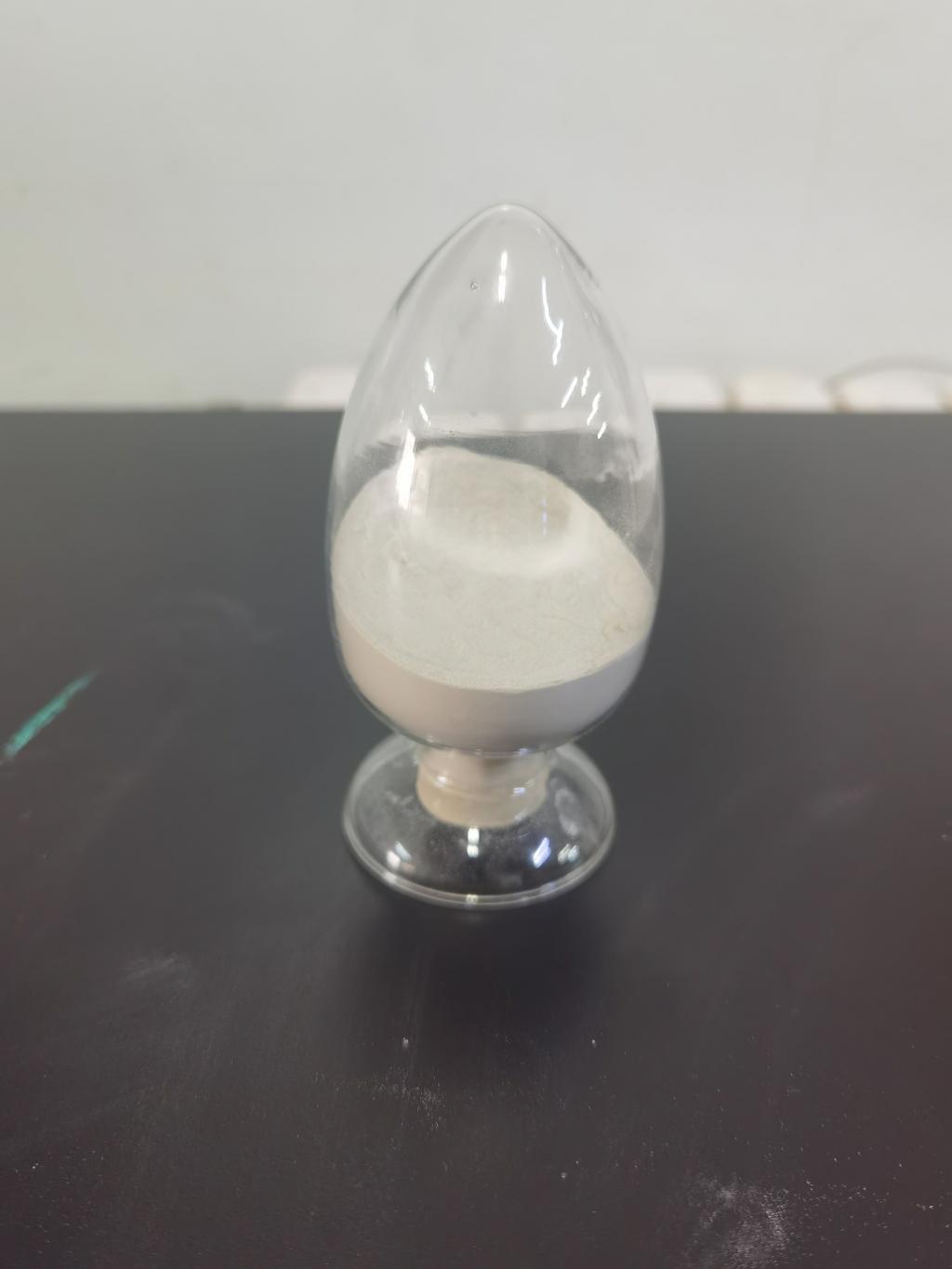
Nisin's Role in Meeting the Challenges of a Growing Global Population
TIME:2024-01-17
The world is facing an unprecedented challenge – the exponential growth of the global population. As the number of inhabitants continues to surge, reaching and surpassing the 9 billion mark by 2050, the demand for safe, nutritious, and sustainable food becomes more pressing than ever. Nisin, a natural antimicrobial peptide, has emerged as a significant player in addressing the multifaceted challenges posed by this demographic surge. This article explores the intricate relationship between nisin and the demands of a growing global population, examining its role in food preservation, safety, and sustainability.
Global Population Growth and Its Implications
The Population Explosion: The projections for the global population reaching 9.7 billion by 2050 bring to light unprecedented challenges. With more mouths to feed, the strain on agricultural and food systems intensifies, requiring innovative solutions to ensure food security.
Pressure on Food Systems: Rapid population growth puts immense pressure on food production, supply chains, and distribution networks. As urbanization accelerates and dietary patterns shift, the demand for diverse and processed foods increases, necessitating advancements in food preservation and safety.
Nisin's Contribution to Food Preservation
Natural Preservation: Nisin, as a natural antimicrobial peptide, offers an eco-friendly alternative to synthetic preservatives. Its production through bacterial fermentation aligns with the growing demand for sustainable food practices. By inhibiting the growth of spoilage and pathogenic bacteria, nisin extends the shelf life of perishable goods without resorting to harsh chemicals.
Reduction of Food Waste: A significant challenge in feeding a growing population is minimizing food waste. Nisin's role in preserving food quality ensures that products remain viable for more extended periods, reducing the likelihood of premature spoilage and waste at various stages of the supply chain.
Versatility in Applications: Nisin's versatility is evident in its applications across various food categories. From dairy products to meat, canned goods, and even beverages, nisin's efficacy in controlling bacterial growth contributes to the overall stability and safety of a diverse range of food items.
Nisin and Food Safety
Combatting Foodborne Pathogens: As the global population expands, so does the risk of foodborne illnesses. Nisin's broad-spectrum antimicrobial action against pathogenic bacteria, including Listeria and Staphylococcus, positions it as a valuable tool in ensuring the safety of the food supply. By preventing the growth of harmful microorganisms, nisin plays a critical role in reducing the incidence of foodborne diseases.
Enhancing Hygiene in Food Processing: The journey from farm to fork involves multiple stages of processing and handling. Nisin's incorporation into food products and processing environments contributes to improved hygiene practices. Its ability to inhibit bacterial growth minimizes the risk of contamination, aligning with global efforts to enhance food safety standards.
Nisin and Sustainability in Agriculture
Reducing Dependency on Chemicals: In conventional agriculture, the use of chemical preservatives and pesticides poses environmental challenges. Nisin's role as a natural preservative reduces the dependency on synthetic chemicals in the food industry. This shift towards more sustainable practices aligns with the broader goals of environmentally conscious agriculture.
Potential for Biological Control: Beyond its applications in food preservation, nisin holds promise in the field of biological control in agriculture. Research is ongoing to explore its potential in mitigating plant diseases and pests, presenting an opportunity to enhance crop yield and reduce reliance on traditional chemical interventions.
Challenges and Considerations
Regulatory Approval and Standardization: Despite its potential benefits, widespread adoption of nisin faces regulatory challenges. Harmonizing regulations and establishing standardized guidelines for its use in different regions is essential to ensure its acceptance and integration into global food systems.
Consumer Awareness and Acceptance: Educating consumers about the benefits of nisin and dispelling any misconceptions is crucial for its successful adoption. Transparent labeling and clear communication regarding its natural origin and safety profile are essential to garner consumer trust.
Nisin's Role in Novel Food Technologies
Hurdle Technology: Hurdle technology involves combining multiple preservation techniques to enhance food safety and shelf life. Nisin, as a key component in hurdle technology, synergizes with other methods such as modified atmosphere packaging and low-temperature storage to create robust preservation strategies.
Innovations in Delivery Systems: Advancements in the delivery of nisin, such as encapsulation and nanotechnology, offer opportunities to optimize its effectiveness. These innovations improve the controlled release of nisin, ensuring its sustained action throughout the product's shelf life.
Global Collaborations and Research Initiatives
Knowledge Sharing and Research Collaborations: Addressing the challenges of a growing global population requires collaborative efforts. International collaborations among researchers, food scientists, and policymakers facilitate the sharing of knowledge and best practices. Joint research initiatives can lead to innovations that leverage nisin's potential in diverse food systems.
Capacity Building in Developing Regions: In regions with burgeoning populations and evolving food systems, capacity-building initiatives are crucial. Training programs, technology transfer, and knowledge exchange empower local communities to leverage the benefits of nisin in their food preservation practices.
Conclusion
As the global population continues its unprecedented growth, the intersection of food preservation, safety, and sustainability becomes a focal point in ensuring a secure and resilient food future. Nisin, with its natural origin, antimicrobial properties, and versatility, emerges as a valuable ally in this endeavor. From preserving perishable goods to enhancing food safety and contributing to sustainable agriculture, nisin's role is multifaceted.
The challenges of feeding a growing global population necessitate holistic solutions that integrate technological innovations, regulatory frameworks, and consumer awareness. As research and development in the field of food science progress, the potential of nisin to meet the challenges of a burgeoning population is likely to expand. By embracing the benefits of nisin and fostering global collaborations, we can pave the way for a more sustainable, safe, and resilient food system that meets the needs of the present and future generations.

 CONTACT
CONTACT




